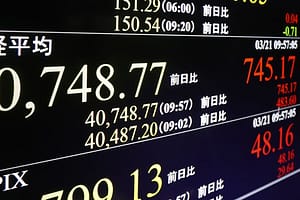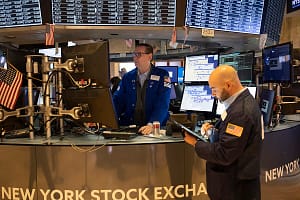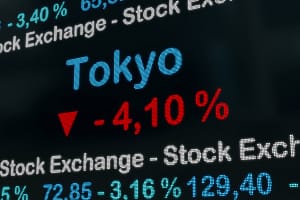UK gross domestic product (GDP) is estimated to have increased by 1.1% in Quarter 3 (July to Sept) 2021, revised from the first estimate of a 1.3% increase, according to the Office for National Statistics.
The level of GDP is now 1.5% below where it was pre-coronavirus (COVID-19) at Quarter 4 (Oct to Dec) 2019, revised from the previous estimate of 2.1% below, because of upward revisions to growth in 2020; for more information see the Revisions to GDP section.
Danni Hewson, AJ Bell financial analyst, comments on the latest GDP figures, said: “Even before Omicron muscled its way onto the global stage, the UK’s economy was struggling to find a higher gear. Revised GDP figures for the third quarter of this year add insult to injury. July to September’s growth had already delivered disappointment with 1.3% way, way down on the previous quarter, the news the number was actually 1.1% raises big questions. Household spend which had been a massive factor in the reopening boon has dropped significantly and with living standards being squeezed even more in the dying months of 2020 it’s clear that even if Covid hadn’t become a factor once again recovery was looking rather precarious.
“Many sectors from retail to hospitality, the events sector to hairdressers had been pinning their hopes on the so-called “golden quarter” to deliver a boost of confidence and some much-needed cash to push them into the new year with at least a little bounce. Even with new government support Omicron will act like a lead weight around the ankles of these sectors and with growth already sleepwalking its way into 2022 there’s a real likelihood the next set of figures will show the direction of travel has been reversed.
“People had been eating into their savings, making the most of reopened opportunities in the summer. But they’d still kept more of a cushion than they would have done before the pandemic and Omicron is likely to have pushed people to double down on that position. That’s a double-edged sword because though it reduces consumer spending power in the short term it does suggest people will still have the ability to spend once confidence returns, even if inflation remains stubbornly high throughout next year.
“1.5% that’s the gap between where we were in September and where we were before the pandemic. It’s not a huge gap but the fact there was still a gap before this latest hit will give policy makers pause. Other countries including many of our European neighbours have recovered faster. Trade is an issue and there will be many wondering exactly what part Brexit has played and whether the current volatility is an understandable blip or a worrying sign of things to come






Leave a Comment